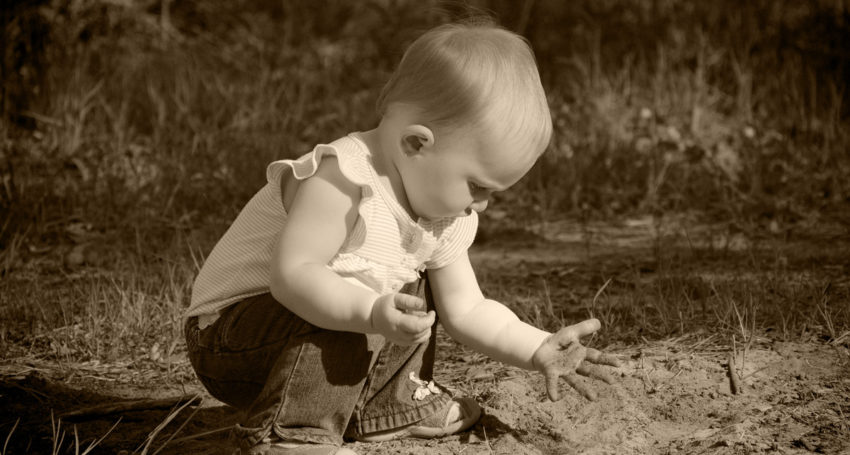
The link between microbiomes and biodiverse soil dust may be key to understanding the relationship between green spaces and mental health.
Picture: Tony Faiola/Flickr
In a new study, published in Science of the Total Environment, University of Adelaide researchers found evidence of a potentially broadly-acting microbial link between the health of ecosystems and the health of people.
The research joins a growing body of evidence indicating exposure to green spaces has a range of health benefits – including on mental health – while greater urbanisation is linked with increased risk of mental health disorders.
It follows a paper published earlier this year, which found growing more native plants in cities would increase microbial diversity and help combat the rise of non-communicable diseases such as asthma and inflammatory bowel disease.
Lead author Craig Liddicoat, from the University of Adelaide’s School of Biological Sciences, said the study showed the inclusion of a rare organism – butyrate-producer Kineothrix alysoides – was linked with reduced anxiety-like behaviour.
“Butyrate is a small molecule that results from the breakdown of plant material, but it is also a key product linked to gut health and mental health in humans,” Liddicoat said.
“We found that the guts of mice in the high biodiversity treatment were ...
